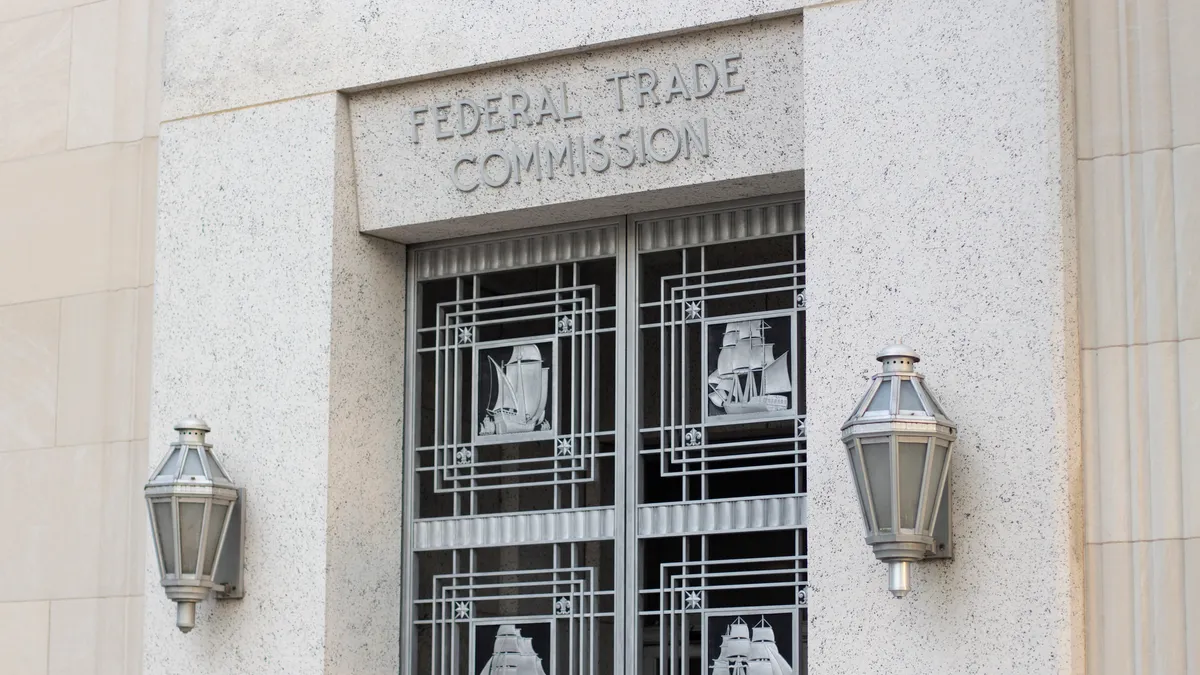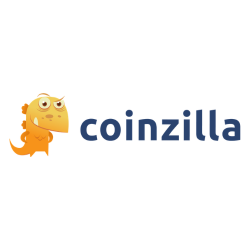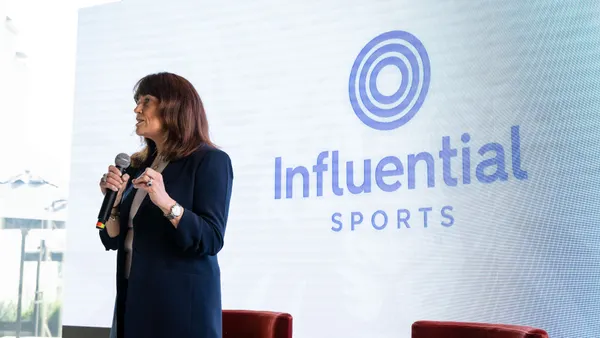Dive Brief:
- Omnicom Group and Interpublic Group (IPG) on Friday agreed to a finalized consent order from the Federal Trade Commission (FTC) that imposes restrictions on how the agencies can handle advertising around political content.
- Omnicom and IPG in June said they would adhere to the regulator’s demands to not deny ad spend to publishers or platforms based on “specific political or ideological viewpoints.” Following a mandatory public comment period, the order has been updated with more specific, expanded directives.
- The move keeps Omnicom on track to complete its $13 billion acquisition of IPG, which is expected to create the world’s largest ad-holding group. It also speaks to how regulators under the Trump administration are intervening more directly in advertising affairs to combat what they perceive as a collusive, biased industry.
Dive Insight:
The finalized consent order offers greater clarity on what the FTC means when it refers to advertising around political content — and how far the federal regulator is willing to go to ensure the agency plays ball.
Omnicom’s plans to acquire IPG are contingent on the companies agreeing to not deny spend to publishers and platforms based on their political or ideological viewpoints, including viewpoints “as to the veracity of news reporting or other politically or ideologically contested facts, such as their characterization as ‘misinformation,’ ‘disinformation,’ ‘bias,’” the consent order reads.
In addition, the agencies cannot deny spend based on adherence to journalistic ethics standards established by third parties or diversity, equity or inclusion (DEI) initiatives. The latter topic has been a major sore spot for the Trump administration, which is exerting more control over aspects of advertising and the media.
“We’re pleased to finalize this agreement with the FTC. It reaffirms our commitment to provide neutral and unbiased advice to clients in making decisions about their brand media placements,” said John Wren, chairman and CEO of Omnicom, in a statement.
As part of the consent order, Omnicom and its media-investment arm, Omnicom Media Group, are barred from using broad publisher inclusion or exclusion lists, a common brand safety practice. The ad-holding group will not be able to solicit or employ third-party vendors “to create such means of differentiation,” either. That said, individual clients can ask Omnicom to develop exclusion or inclusion lists, assuming the lists won’t be shared with other advertisers or third parties. In general, the FTC’s constraints do not apply to Omnicom’s dealings with individual advertisers.
Omnicom will file annual compliance reports to show it is following the directives of the consent order for several years. The agency also has roughly a month to appoint a monitor, a role that needs approval from the FTC commission. If a monitor candidate is denied, Omnicom will have 15 days to find a replacement. If no monitor can be agreed upon within three months, the FTC will submit a candidate for Omnicom’s approval.
The ad-holding group “will not unreasonably withhold consent” for any commission-selected picks for the job. The monitor, who will be compensated an annual salary by Omnicom and serve for five years, is able to receive complaints from “nonparties” around compliance, potentially putting greater pressure on the agency.













